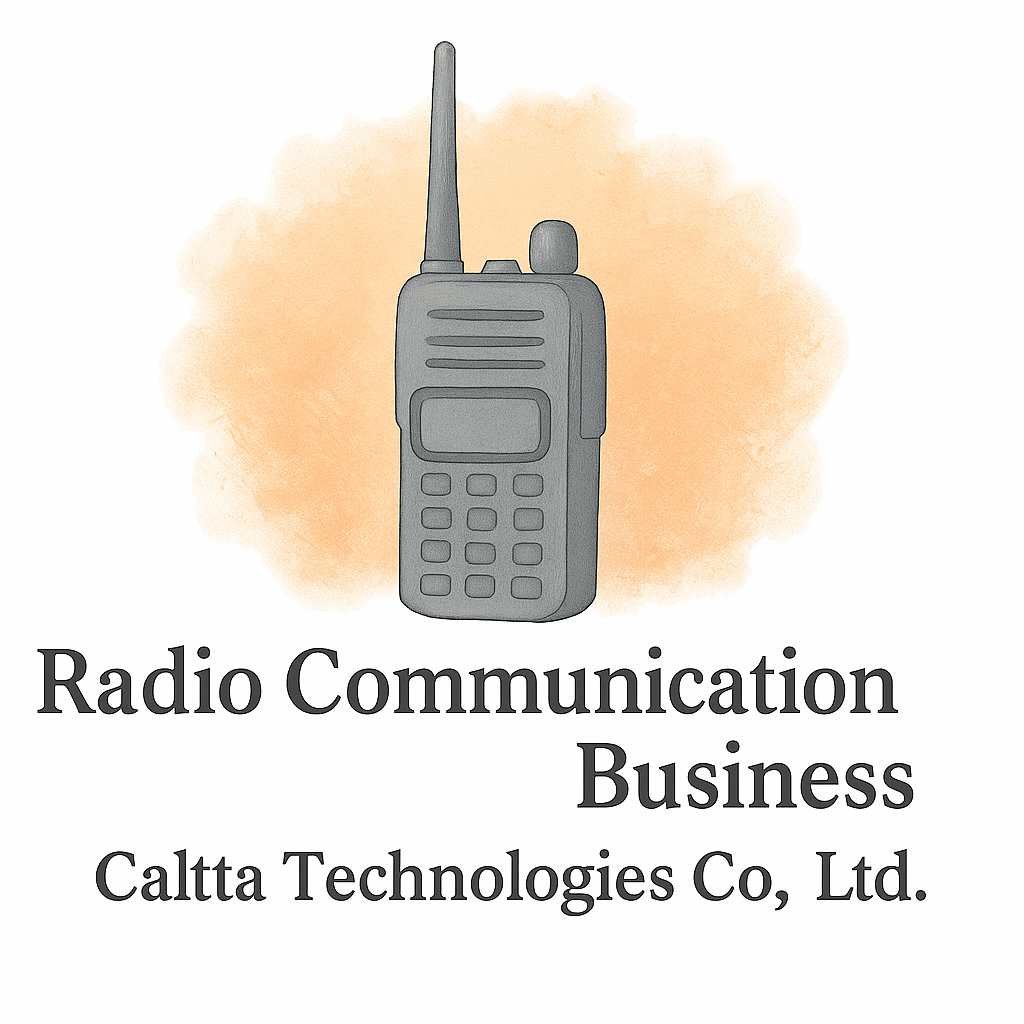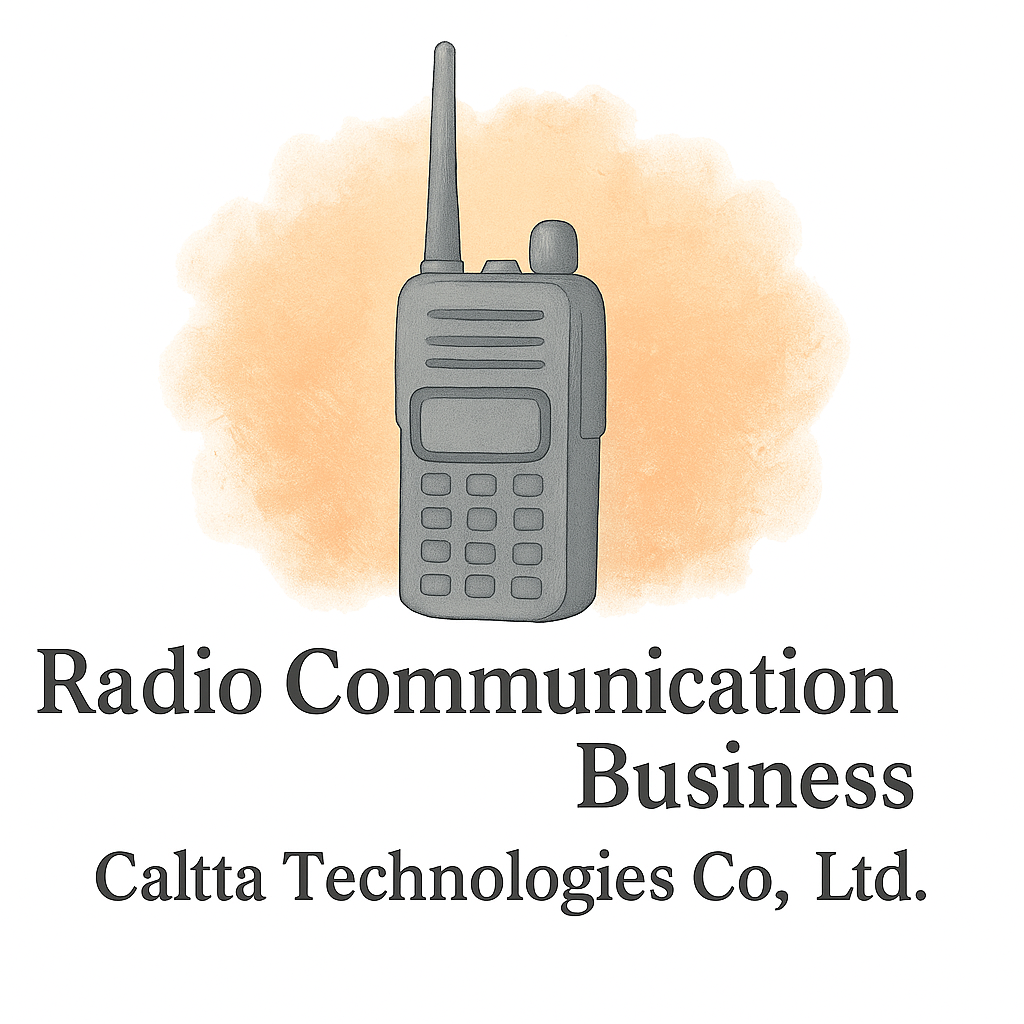Starting a radio communication business is exciting, but let’s be real—if you’re not careful, your budget can go up in smoke before your first signal hits the airwaves. Whether you’re a tech-savvy entrepreneur or just stepping into the world of business startup basics, budgeting is your best friend.
So grab a coffee, settle in, and let’s walk through ten budget-savvy tips that’ll keep your wallet happy and your business humming!
Why Budgeting Matters in a Radio Communication Startup
Avoid Overspending Early On
It’s easy to go overboard when launching. The excitement is real, and so is the temptation to splurge on high-end equipment or rent swanky office space. But smart financial planning ensures you stretch every dollar.
Common Budgeting Mistakes to Avoid
Many startups fail because they underestimate costs, overlook recurring fees, or don’t plan for emergencies. These classic mistakes can make or break your business before it even starts.
Tip #1: Create a Solid Business Plan
Financial Planning is Key
Before you even think about buying your first piece of equipment, write a detailed business plan. This isn’t just a formality—it’s your budget’s roadmap.
Check out these business startup basics for how to outline your mission, set milestones, and estimate startup costs.
Set Realistic Budget Goals
Don’t just guess how much you’ll spend. Break down everything—from licensing to marketing to tech. Leave room for cost-saving hacks!
Tip #2: Identify Essential Equipment Needs Only
Cut Down on Fancy Tech at First
You don’t need the flashiest gear right away. Focus on functionality. Trust us—your audience cares about clarity, not bells and whistles.
Choose Cost-Effective Radio Equipment
Start with reliable but budget-friendly gear. For tips on picking the right equipment, explore Caltta International’s tech recommendations.
Tip #3: Prioritize Licenses and Compliance Costs
Stay Aligned With Industry Regulations
Radio businesses are heavily regulated. Stay up to date with law and compliance issues to avoid fines.
Budget for Legal and Licensing Fees
These aren’t optional. Plan for regulation costs early in your budget so you’re not caught off guard later.

Tip #4: Use Free and Affordable Marketing Tools
Maximize Social Media Marketing
You don’t need a huge ad budget to get noticed. Use social media platforms like Instagram and LinkedIn to promote your brand organically.
Focus on Low-Cost Branding Solutions
Design your logo using free tools, and build your site on platforms like WordPress. Marketing and branding can be powerful, even on a shoestring.
Tip #5: Work From Home or Shared Spaces
Slash Office Rent Expenses
Office rent is one of the biggest startup killers. Avoid it if you can.
Budget-Friendly Setup Options
Use shared coworking spaces or even convert your garage. Learn more about smart business setup strategies that save on space and utilities.
Tip #6: Choose Scalable Tech Solutions
Think Long-Term With Equipment
Tech changes fast. Choose tools that grow with your business. Don’t overinvest now only to upgrade later.
Embrace Upgradable Communication Tools
Look for tools that allow modular upgrades. Radio communication gear that adapts is worth the investment.
Tip #7: Monitor Cash Flow Religiously
Use Budgeting Tools and Software
Don’t rely on your gut—use tools like QuickBooks or FreshBooks to manage your numbers.
Keep Emergency Funds Handy
Set aside funds for the unexpected—because it will happen. Whether it’s equipment repairs or changes in market demand, you’ll thank yourself later.
Tip #8: Outsource Strategically
Avoid Full-Time Hires in the Beginning
Hiring full-time can drain your budget fast. Start with freelancers or contractors instead.
Freelancers Can Help You Save Big
Use platforms like Upwork or Fiverr to find talent without committing to a salary. This is a great entrepreneur trick that works wonders.
Tip #9: Leverage Grants and Startup Funding
Explore Government Grants
Many governments offer funding for tech-based startups. Look into these opportunities before tapping your savings.
Look for Startup Incubators
Accelerators and incubators often provide funding, mentorship, and networking—all invaluable for a lean startup.
Learn more about industry insights that could give you a leg up.
Tip #10: Track Every Penny
Use Spreadsheets or Software
Document every expense, no matter how small. Over time, these details reveal where you’re overspending.
Keep Receipts and Stay Organized
Tax time will be a nightmare if you don’t. Plus, you can track budget categories to spot trends and adjust in real-time.
Conclusion
Starting a radio communication business is thrilling, but it’s not for the faint-hearted—or the financially careless. With these 10 budgeting tips, you can sidestep costly blunders and set your business up for long-term success.
From choosing affordable equipment to leveraging grants and mastering cash flow, smart budgeting turns dreams into reality. Remember, it’s not about how much money you start with—it’s about how wisely you use it.
So take these tips, start small, and grow smart. And whenever in doubt, revisit your budget. It’s your business’s best compass.
FAQs
1. How much does it cost to start a radio communication business?
Costs vary widely but expect to invest $5,000–$50,000 depending on licenses, equipment, and team.
2. Is it better to buy or lease radio communication equipment?
Buying offers long-term savings, while leasing is better for tight budgets. Evaluate based on your cash flow.
3. What kind of licenses are required?
You’ll typically need FCC or local government licenses, depending on your location. Always factor in compliance.
4. Can I start a radio communication business from home?
Yes! Many startups begin at home to save money. Just ensure compliance with zoning and legal requirements.
5. What are the best tools for budgeting a startup?
Try QuickBooks, FreshBooks, or even Google Sheets. Use what keeps you consistent and organized.
6. How can I promote my radio business on a budget?
Leverage social media, attend events, use free branding tools, and tap into networking communities.
7. Where can I learn more about industry trends?
Check out Caltta’s industry insights for up-to-date news, hacks, and professional advice.


